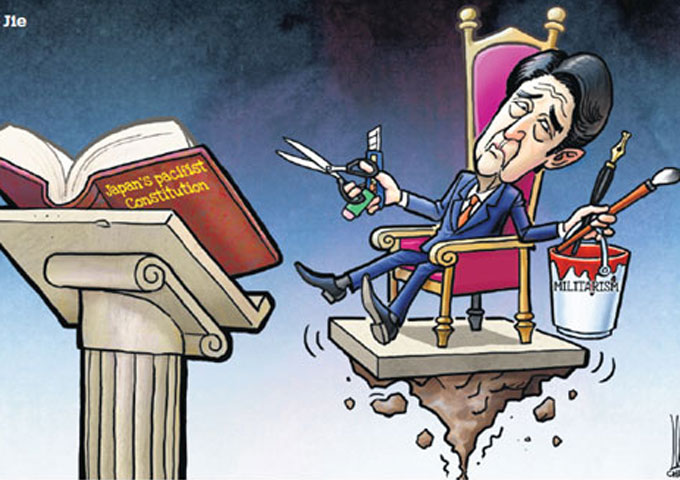Why fear and loathing of an IPO?
It looks like everyone who has money in the Chinese stock market is IPO-phobic. Talk about the imminent ending of the unofficial moratorium on initial public offerings in recent weeks has struck terror in the hearts of many investors. What has irked them even more is that a fairly large number of stocks that obtained a market listing in the past several years have been trading at below their issue prices, resulting in losses to the army of enthusiastic subscribers.
The feeling among many investors of being led down the garden path is further amplified by disclosures that some companies had dressed up their IPO prospectus with false or misleading information. This has led skeptical investors to suspect that the practice of deception was more widespread than was made known to the public.
The problem with IPOs in China has more to do with credibility than a drain on market liquidity. Although IPOs have been suspended for more than seven months, the market has remained in the doldrums, despite the occasional short-lived rallies.
The suspension has prompted many mainland companies to raise capital by seeking a listing on the Hong Kong Stock Exchange, where they are most welcome as long as they are willing to play by the rules. Indeed, IPOs are an important function of any stock market, which exists to allow entrepreneurs to grow their businesses by raising money directly from investors.
For that reason, it is unreasonable for Chinese investors to call for a continued ban on IPOs. Doing so will only raise unnecessary barriers against the much needed industrial restructuring by denying companies in the private sector a vital source of capital to help fund the development of new products and processes.
It really doesn't make any sense at all to argue for reviving the stock market by crippling one of its primary functions. Now that the ban has failed to produce the desired results, what to do next? The logical conclusion of the argument is to extend the ban to all forms of raising capital in the stock market.
In fact, the money raised in new share issues by listed companies, which amounted to 107 billion yuan ($17.37 billion) in the first six months of 2013, has always been a much bigger "drain" of market capital by greatly inflating the supply of scripts that can have the effect of diluting earnings and depressing prices when the money was used to buy overpriced assets to boost revenue, as many listed companies did. But that's not a problem of the market mechanism. It's a problem of inadequate supervision.
Instead of bending to popular demand and shutting the IPO gate, the market regulatory agency should beef up its enforcement capabilities to ensure that the disclosure requirements stipulated in the Securities Ordinance are followed by all parties involved in stock market transactions. Violators should be severely punished.
Some economists and a few stock analysts have long argued for stiffening the penalty for flaunting the disclosure rules. Of course, they have a point. But a stiffer penalty cannot deter transgression without effective enforcement.
For that reason, the biggest favor the watchdog agency can do investors and the corporate sector is to convincingly demonstrate its commitment and capability to make the market a fairer and more transparent conduit of capital.

























